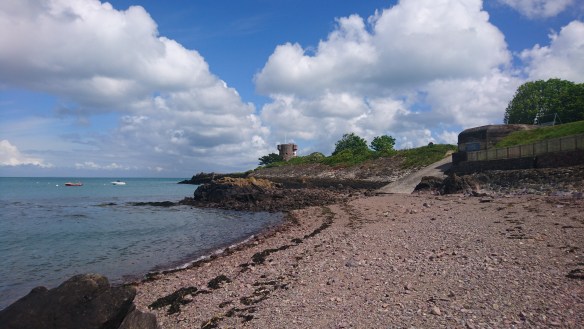Jersey Great Garden Bird Watch – 5th & 6th February 2022
Jersey’s very own garden birdwatch, the Action for Wildlife and Birds On The Edge Great Garden Bird Watch in association with the Jersey Evening Post will be 21 this year! Which bird species will be the most recorded across the Island’s gardens this year? Will it still be the house sparrow, they have had their ups and downs over the years?
The full list of last year’s most frequently recoded birds and squirrels is (with mean number of birds per recording household):
1. House sparrow 6.6
2. Goldfinch 2.4
3. Great tit 2.1
4. Starling 2.0
5. Blue tit 1.8
6. Wood pigeon 1.6
7. Chaffinch 1.4
8. Magpie 1.42
9. Robin 1.36
10. Blackbird 1.2
11. Collared dove 1.0
12. Greenfinch 0.5
13. Pheasant 0.2
14. Blackcap 0.15
15. Song thrush 0.18
16. Great spotted woodpecker 0.19
Red squirrel 0.6 (equivalent of 12th)
Method for recording
The method of the count is very straight forward. Basically you just need to choose one of the two weekend dates (5th or 6th February), look out into the garden for a few minutes, or as long as you like (I just look out the kitchen window) and write down what birds you see and the maximum number of each species. And, of course, red squirrels count again as birds this year. Just for one weekend!
Once you’ve counted the birds (and squirrels) on your chosen day please fill out the form online here, in the JEP or, alternatively, you can download a form here and email to birdsote@gmail.com.
Your observations are of great importance in our understanding of the situation with the birds that we live closest to. Don’t forget, how these birds are fairing in the 21st century says a lot about our own lives and our own environment. You can read previous results of our survey in the Jersey Garden Birdwatch Report 2002-2020 here

































